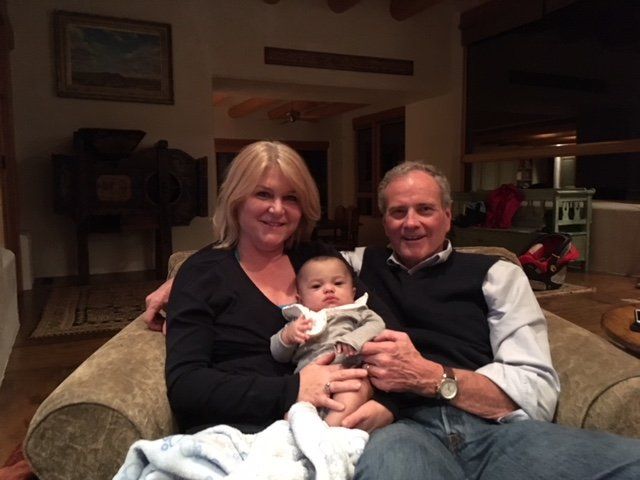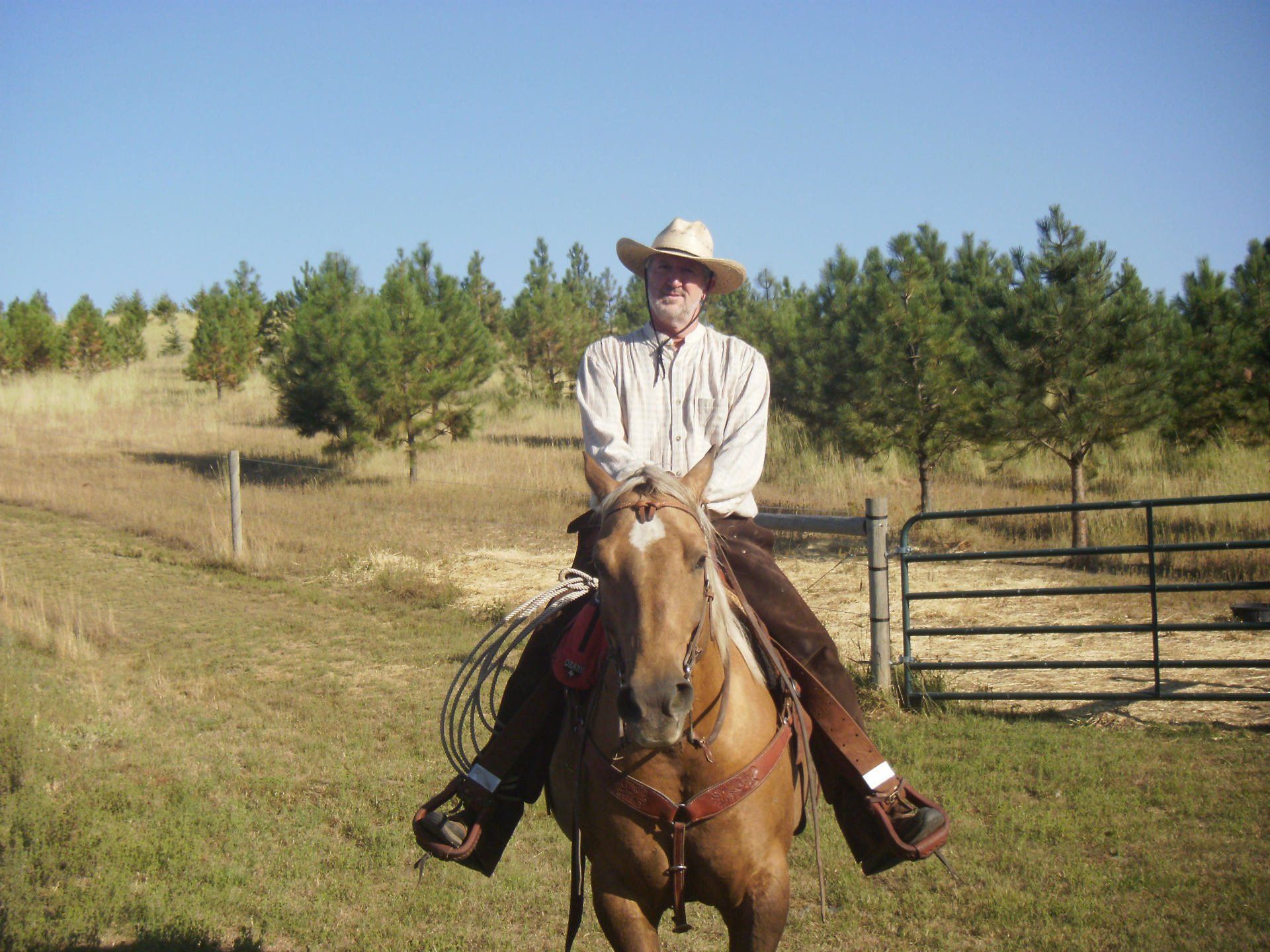Thanks Backatcha!
Thanks Backatcha - Essays about Grateful Living I
“A single crocus blossom ought to be enough to convince our heart that springtime,
no matter how predictable, is somehow a gift, gratuitous, gratis, a grace.”
~Br. David Steindl-Rast, Gratefulness, the Heart of Prayer , p.12
It has been several years now, circa 2013, but I remember distinctly a conversation with a friend of mine, Dave Player. Dave had been through a lot of down. As in going down, down, down. Tough times professionally and therefore personally. For while not everything personal in our lives is professional, everything professional in our lives is a part of our person.
We were sitting outside, at a coffee shop, on one of those splendid Boise days. The afternoon had just a touch of cool that anticipates fall. And in the middle of our conversation, Dave starts telling me how grateful he is. For this or that. The big stuff – a great job and marriage. The little stuff – a friendly person who happens to walk by, the hot cup of coffee.
After going down into the depths he had climbed back out. He had some folks care for him along the way but the effort was his. On this side of despair, he was the same, but also a different, person.
I could see that his life overflowed with gratitude.
This was foreign to me.
At the time, I was brushing up against my 60th birthday. I don’t remember having had a serious discussion about grateful living in all those years.
-Yes, I had spent a whole weekend, years before, at a men’s retreat where God’s grace was a key theme.
-Yes, all I could think was “Thanks Mom”, Thanks Dad”, when they passed.
-Yes, I had been thankful to have expert, caring medical professionals when I had two heart surgeries.
-Yes, yes, yes. Thank you, thank you, thank you.
But living gratefully? Nope, most of the time I was just thankful when danger was averted, when I had lost something taken for granted, when a windfall of some sort came my way, or on special occasions like Thanksgiving, when the idea of giving thanks was a communal expectation.
What was I doing instead? I was lamenting the past and anxious about the future. I coveted what others had that I didn’t. Life was all about me, me, me and there were times I was pretty unhappy about it.
My closest friends and family would joke about it. Occasionally, there was a pointed conversation about it. I pretty much blew it off, rationalizing my behavior.
I observed Dave, his wife Valerie, over time and how they and others practiced gratefulness. Like seeing yellow VWs everywhere once you buy one, I began to pay attention to people who expressed gratitude often, who exuded the gift of everyday. I noticed that grateful people also seemed to be generous people.
I have an entry in my journal dated 10-20-14, which reads in part:
“I was blown away when Jim Gregson and I went to lunch at the Ram earlier this year and he spent a good deal of time telling me how grateful he was of me…I needed to do what I don’t do well – just accept the kind thought without demurring, without trying to thank quickly in return to be nice, but just to accept a wonderful compliment.”
That meeting was of enduring importance to me. Not only was Jim thinking about and appreciating me unbeknownst to me, but he had taken the time to tell me directly how much he appreciated me both personally and professionally. Jim, a former boss of mine and much higher in the university food chain than I, took the time to tell me directly how much he appreciated me.
Jim took the time to tell me directly how much he appreciated me.
Jim made a point to tell me directly and very personally how grateful he was to have me as a friend and a colleague.
Shall I say it again?
Have you ever hesitated to do the same for another? To tell them how important they have been to you?
Please don’t. Hesitate, that is.
That simple discussion with Jim hit me like a board across the face. I was blown away. Humbled. Changed. I will never forget it.
Later, after this experience and then reading a book by David Steindl-Rast, where he describes his own daily practice of writing something he is grateful for, I began keeping a gratitude journal of my own.
I became a follower of Brother Steindl-Rast , who developed the Network for Grateful Living , and is an ambassador for and advocate of grateful living around the world. I began to write something I was grateful for in my journal every day.
Developing a practice of living gratefully, which is intertwined with developing the practices of living in the present moment and being generous, is enriching my life. I am a slow, sometimes glacially slow, learner, but making progress inch by inch.
I recognize the irony, the mixed message, of writing an essay about gratefulness which talks mostly about myself. But this is confession, testimony, thanks, and encouragement all tied into one, and I can only do all that myself.
I am grateful every day for this earth and the miracle of nature. Thank you. Most especially I am grateful for my wife, Lana, my children, my brother and sisters, and all our family who have seen me at my worst and still love and care for me and who are role models for me. Infinite love and thanks backatcha. My close friends mean the world to me – I learn from them and am inspired by them every day. The people I work with every day, I am just so fortunate. Thank you all.
For every thread of my life, thank you. Every breath is a gift. Every heartache I feel and every mistake I make is an opening, a portal, leading to something more meaningful if I will allow myself to be open to it. Thank you and thank you and thank you.
Thanks backatcha Dave and Jim and Valerie and, as I just contemplate all I have to be grateful for, so, so many others.
As Brother David says, every day is A Grateful Day (please take the time to watch this video, you won’t regret it). It is a gift. Thanks be to God.
References:
Steindl-Rast, D. (1984). Gratefulness, the heart of prayer: an approach to life in fullness . New York: Paulist Press.














